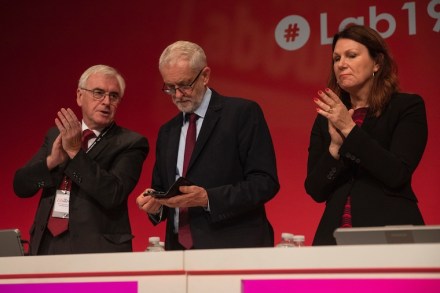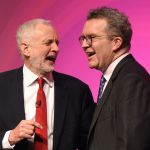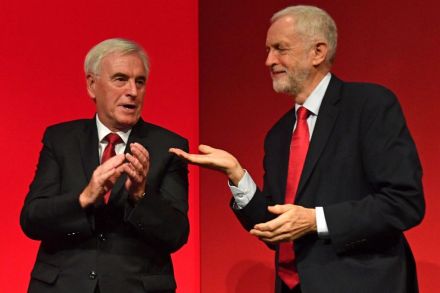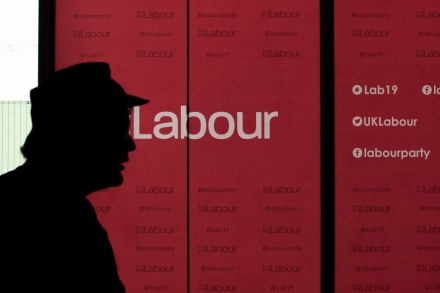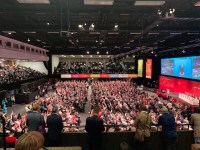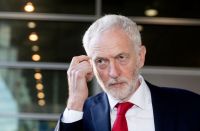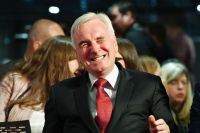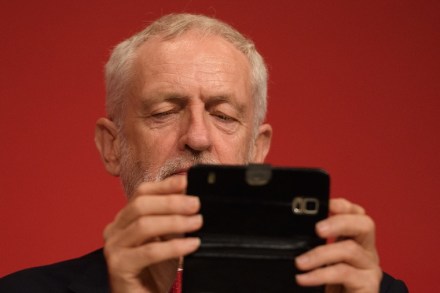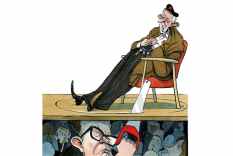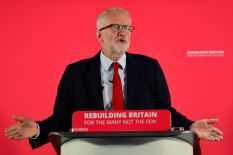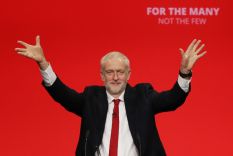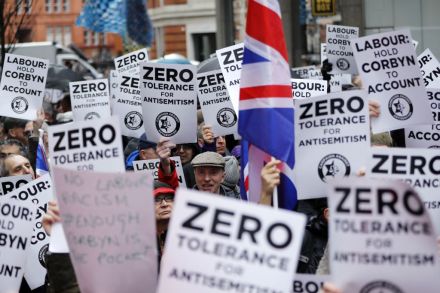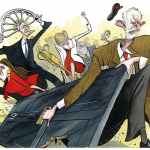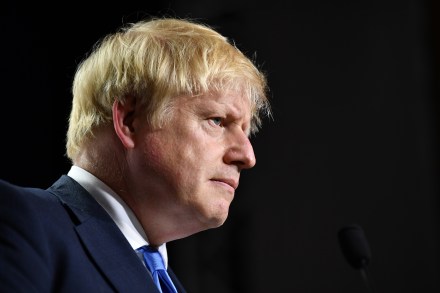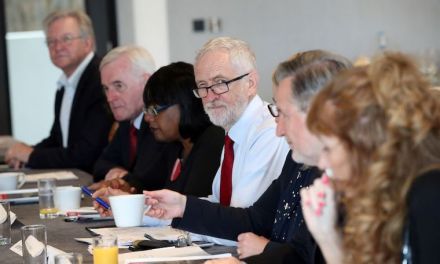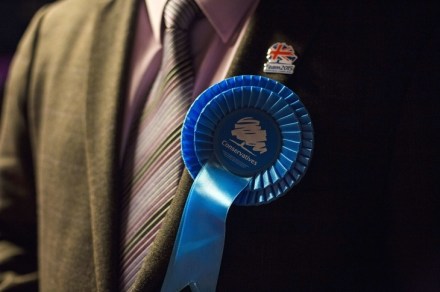Corbyn to address Labour conference this afternoon
Time was when the box office attraction at Labour conference was going to be Tom Watson’s speech this afternoon. The biggest drama would be activists who planned to walk out in protest at the deputy leader’s constant undermining of Jeremy Corbyn. That was before the Supreme Court verdict, of course, and now Corbyn will be speaking at 4pm, having moved his speech forward from tomorrow so that he can head back to Westminster in time for parliament returning. But there’s still some internal drama playing out: Labour’s press team said Tom Watson would be speaking tomorrow afternoon to close conference, but Watson almost immediately said he wouldn’t do this as
